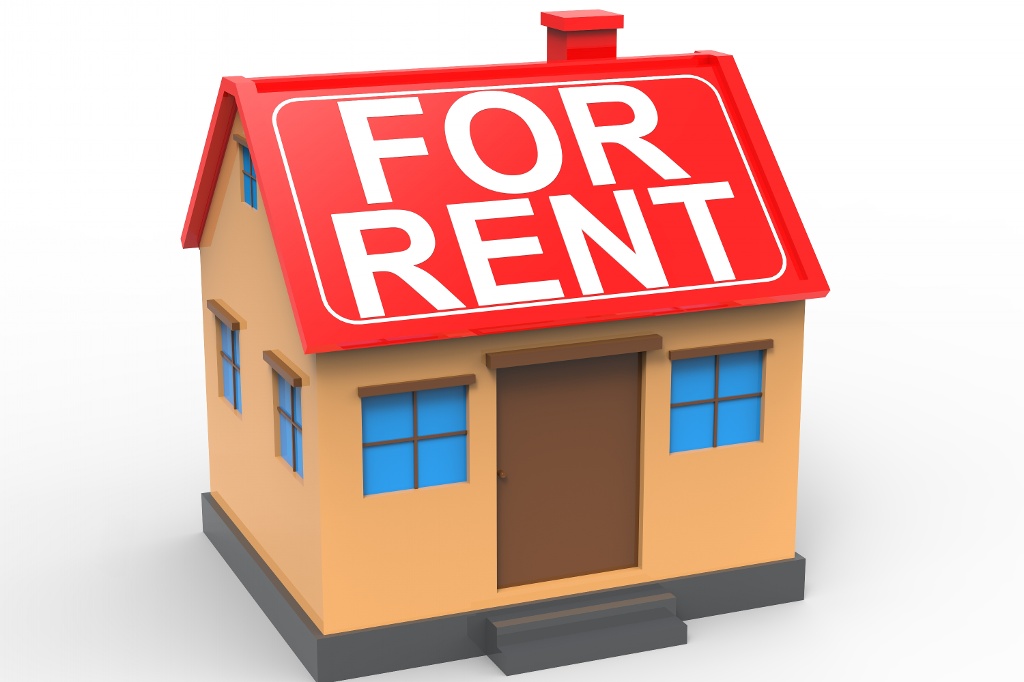Selling or renting your house
As we outlined above, it may be that you simply have no choice and have to rent out your home. According to research, as many as 30% of landlords in the UK can be classed as ‘accidental’ – labelled so because the decision to rent out their property was forced on them rather than being a conscious choice. Renting out your home privately can bring with its excellent rewards, but it also brings a lot of hard work. Whether you sell or rent your house, there are pros and cons to both:
The pros of renting out your home
- Renting out your property when it will not sell could mean you are able to take your next step on the property ladder
- A good tenant will pay their rent on time, meaning an additional income for you, and take care of your property
- As well as rental income, you will benefit from capital growth over the long term
The cons of renting out your home
- You could experience high additional costs to ensure your property meets regulations for private residential lettings
- Tenants could cause damage to your property
- Bringing in a rental income could affect your tax bracket
The pros of selling your home
- You will release any equity that can be used for your next purchase
- The money you make on your home is not subject to Capital Gains Tax
- You avoid the workload that comes with being a landlord
The cons of selling your home
- You could be selling an asset that provides you with additional income and capital growth
- You may have to wait until it sells before you can move on
- You could have an emotional attachment to your home
When renting your property out makes sense
While it is sometimes difficult to look too far into the future, it really does pay to do so when weighing up whether to rent out your home or sell it. It is also key to look at the rental market where you live as what could start as a necessity could become a great financial decision.
Renting out your home can be a great decision when:
- Demand for rental properties in your area is high
- Property values in your area are on the riseYou are happy to spend to bring your property up to rental standard and make it legally compliant
- You are looking or an additional or replacement incomeYou can retain the interest rate and terms on your mortgage as a buy-to-let loan
When selling your property makes sense
Many homeowners consider renting out their property because they see other landlords enjoying huge financial success and want the same. But the reality is being a landlord is hard work. Even if you use a good managing letting agent to look after your property, there are still plenty of hours in the week you’ll need to dedicate to your rental property and tenants.
Selling your home could make sense if:
You are in a position to wait for a buyerYou want to avoid the work that being a landlord bringsYou don’t have the finance to amend your home to comply with rental legislationYou need the money tied up in your property to make your next move
Legal obligations when renting out your property
There are a whole host of legal obligations when renting out your property. They include:
- Providing an Energy Performance Certificate (EPC) with a rating of at least E
- Providing a gas safety certificate
- Fire safety regulations and smoke alarms
- Electrical safetyLegionella assessment
- Ensuring the property is ‘fit for purpose’
Costs when renting out your property
As well as legal obligations, it is important to factor in costs you’ll need to soak up while you search for tenants. These could include:
- Your mortgage paymentsCouncil taxUtility bills
- Service or ground rent charges
Ongoing costs once your property is tenanted could include:
- Your mortgage payments
- Managing agent fees
- Gas safety inspection
- Energy Performance assessment
- Landlord insurance premiums
- Maintenance costs
Income tax and renting out your property
If you make an income from renting out your property, you will almost certainly be subject to income tax. This could mean you are pushed into a higher tax bracket if you also work and that can mean changes to any benefits you receive as well as the amount of tax you pay. Moreover, from April 2020 landlords will not be able to deduct mortgage interest payments from their tax bill, instead being able to claim a basic 20% rate deduction. Profit made from capital growth on your rental property, meanwhile, could be subject to Capital Gains Tax when you sell.

